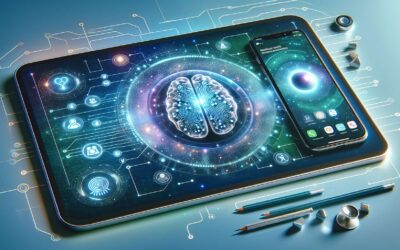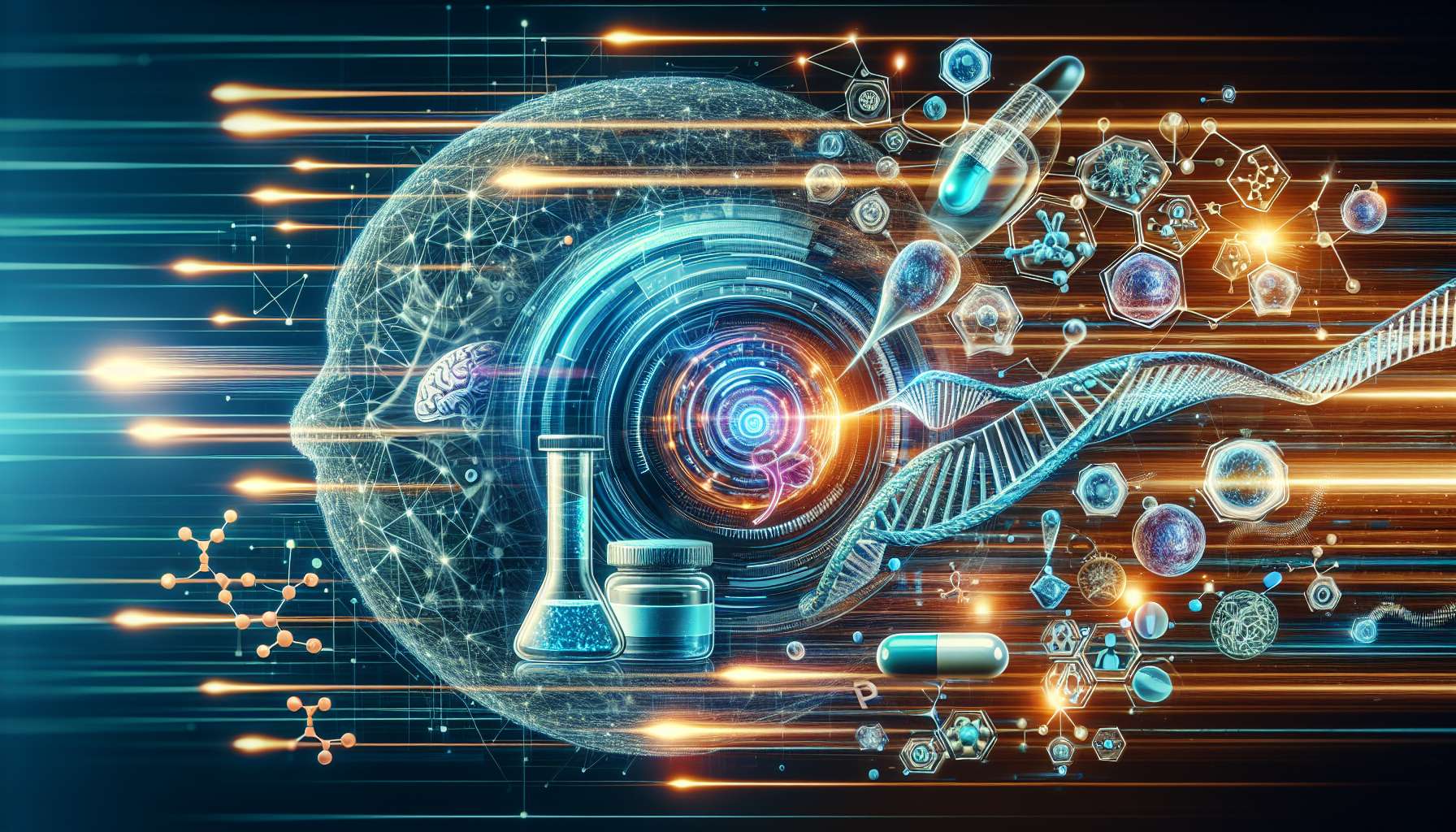Artificial Intelligence (AI) has been revolutionizing various industries, and one area where its impact is particularly significant is in drug discovery. With the recent global pandemic highlighting the urgent need for rapid vaccine development, AI has emerged as a powerful tool in accelerating the process.
One of the key ways in which AI is transforming vaccine development is through its ability to analyze vast amounts of data quickly and efficiently. Traditional drug discovery methods are often time-consuming and labor-intensive, involving trial and error processes that can take years to yield results. AI, on the other hand, can process massive datasets in a fraction of the time, identifying potential drug candidates and predicting their efficacy with a high degree of accuracy.
Machine learning algorithms, a subset of AI, play a crucial role in drug discovery by analyzing biological data to uncover patterns and relationships that may not be apparent to human researchers. By training these algorithms on large datasets of genetic and molecular information, scientists can predict how different compounds will interact with specific targets in the body, helping to identify promising vaccine candidates more quickly.
AI also enables researchers to design and optimize clinical trials more effectively. By simulating different scenarios and predicting outcomes, AI can help streamline the trial process, reducing costs and accelerating the timeline for vaccine development. This is particularly crucial in the context of a global health crisis, where speed is of the essence.
Furthermore, AI-powered tools can help researchers repurpose existing drugs for new applications, potentially speeding up the development of treatments for emerging diseases. By analyzing the molecular structure of drugs and their interactions with biological targets, AI can identify opportunities for drug repurposing that may have been overlooked using traditional methods.
In conclusion, AI is revolutionizing the field of drug discovery and playing a vital role in accelerating vaccine development. By leveraging the power of AI to analyze data, optimize clinical trials, and repurpose existing drugs, researchers can expedite the process of bringing life-saving vaccines to market. As we continue to navigate the challenges of global health crises, AI will undoubtedly be a key ally in our efforts to combat infectious diseases and safeguard public health.








